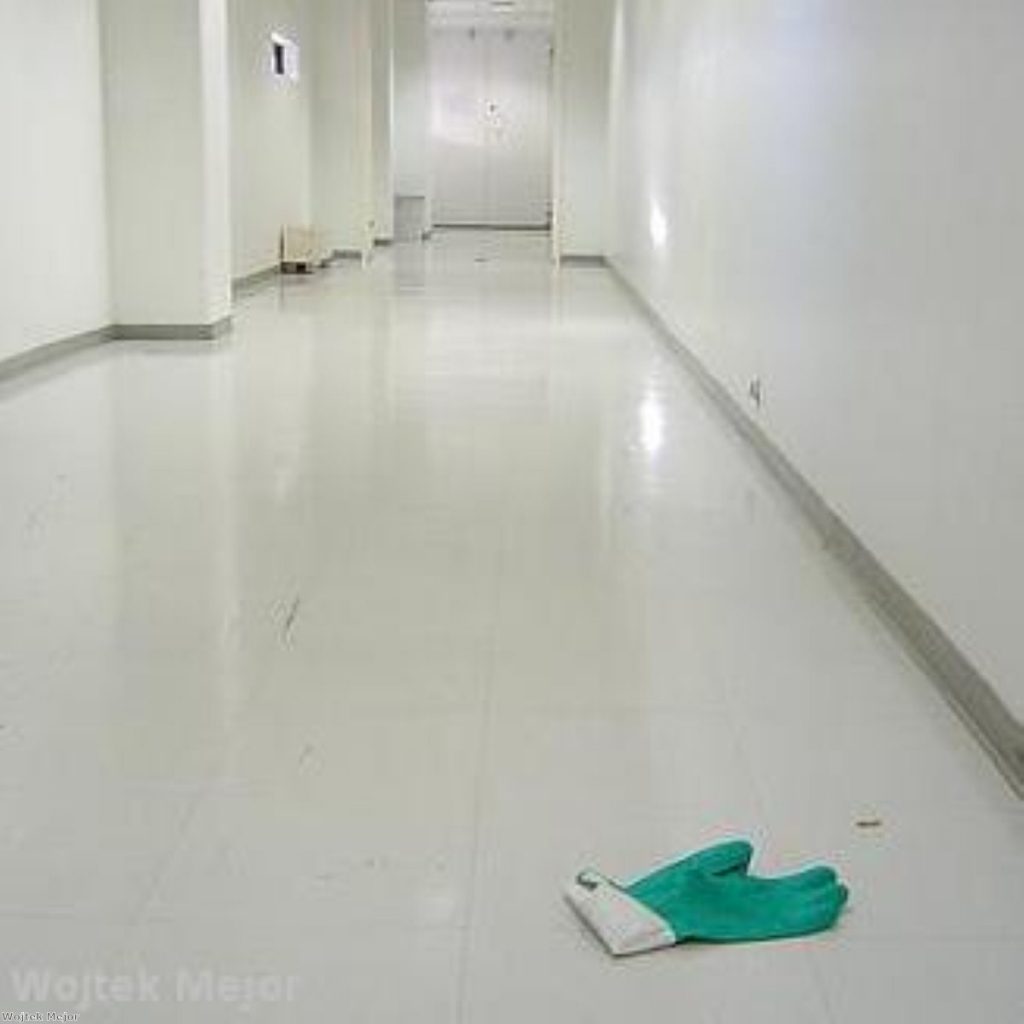‘Sustained’ strikes threatened
Public sector workers look set to initiate a day of industrial action over a two per cent pay gap.
Last night the national executive committee of the Public and Commercial Services Union (PCS) agreed the first stages of what it says is a “programme of national industrial action” challenging the government’s anti-inflationary policies.
It argues public sector workers like teachers and nurses have suffered effective pay cuts because their pay rises have not kept pace with inflation.
But the government’s determination to keep inflation down has meant it refused to allow public sector pay to move upwards more rapidly.


The PCS plans a one-day strike on November 10th “if there is no movement” before then. It then plots what it describes as “sustained and targeted industrial action” stretching into next year and affecting the different sectors of the civil service.
PCS general secretary Mark Serwotka said the government had a three-week opportunity to avoid “damaging industrial action”.
“The government has the opportunity to recognise that its own workforce is doubly disadvantaged by a punitive pay system, that sees coastguards receiving special pay rises because the minimum wage has gone up and nearly half of jobcentre workers receiving no pay rise whatsoever this year,” he said.
PCS is not the only union mulling strikes. The National Union of Teachers is currently balloting its members on below-inflation pay increases, as it prepares to mount its own challenge to the government’s pay policy.
“Strike action is a last resort,” the teachers’ union says on its website. “But we will not stand by while teachers’ living standards worsen and recruitment to the profession wanes.”









